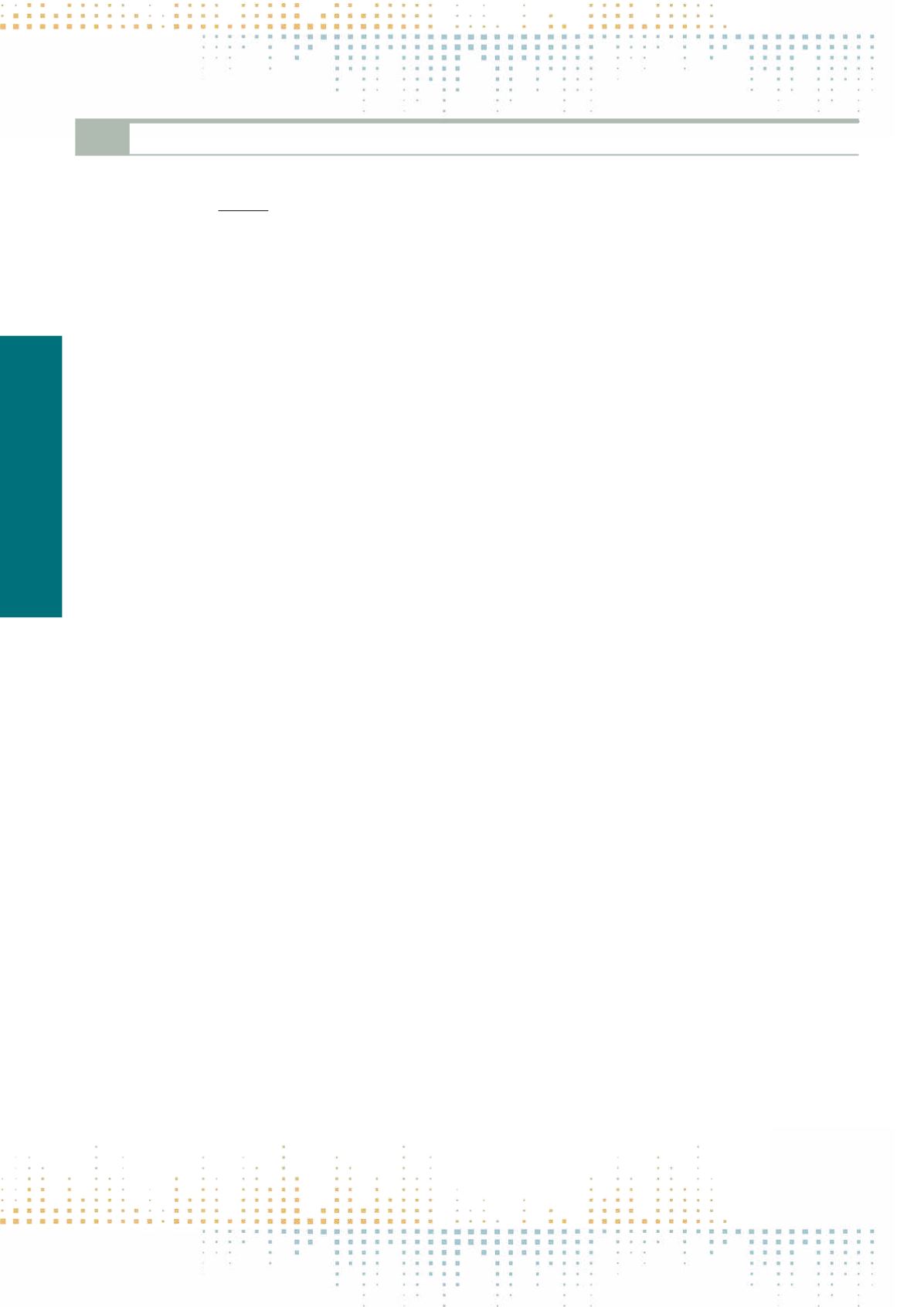

422
Friday, November 11
1 4 : 3 0 – 1 6 : 0 0
JOS PS
Poster session
PS 096
'Transnational Approach on Media Literacy and the German Concept Medienkompetenz'
R. Haubold
1
, J. Gemkow
1
1
University Leipzig, Institute of Communication and Media Studies, Leipzig, Germany
'Intercultural and international aspects of media education”: This was the promising title of the autumn conference in 2008 organized by the media educa‑
tion division of GERA (the German Educational Research Association). The conference’s idea as well as its conclusion were no longer to tackle transnational
issues merely from a national perspective. Currently, about eight years later, a transnational view on media-educational scientific objectives can only be
seen in very rudimentary and fragmented efforts (Schenk, 2008; Bachmair, 2010; Grafe, 2011). This presentation aims at demonstrating the advantages
of a transnational combination of media-educational concepts, media competence (German: Medienkompetenz) and media literacy (Anglo-American).
The possibilities of a mutual complement of both specific national characterized approaches will be demonstrated with a concrete example,. This contribu‑
tion targets the huge possibility of new complementary synergies resulting from the German-speaking debate on media competence. This debate is espe‑
cially dominated by Habermas’s (1971) and Baacke’s (1973) subject-orientated term of competences, a feature thus developed by authors who purposefully
turned away from established pragmatic approaches. This stands in contrast to the Anglo-American debate on media literacy, which is significantly influ‑
enced by pragmatism following the ideas of John Dewey ([1916] 1997) (vgl. Messner, 2003, p. 404; Tuloziecki, 2011, p. 56). Both theoretical basic directions
– which could be classified as 'bottom-up”(subject-orientated) and 'top-down”(pragmatic, societal requirement) (Six & Gimmler, 2013) – do not need to
be seen as diametrically opposed positions.The attempt, to include both conceptual perspectives of media competence and/or media literacy, might lead to
an improved theory-based pedagogical understanding within the field. The significant advantages which such an understanding would imply will be pre‑
sented by the authors with the aid of an example. This will be concentrated on the media-educational understanding of the elderly, where the bottom-up
perspective e.g. manifests in biography research whereas the top-down perspective is expressed in usability-research. The diverse theoretical perspectives
bottom-up and top-down, consequentially culminate in diverse research results, which should be taken into consideration to benefit from and complement
each other. Finally such contributions as this one aim at developing international connectivity through networking. Global media-educational topics which
are completely influenced by a transnational digitalism should be discussed in a global manner.



















